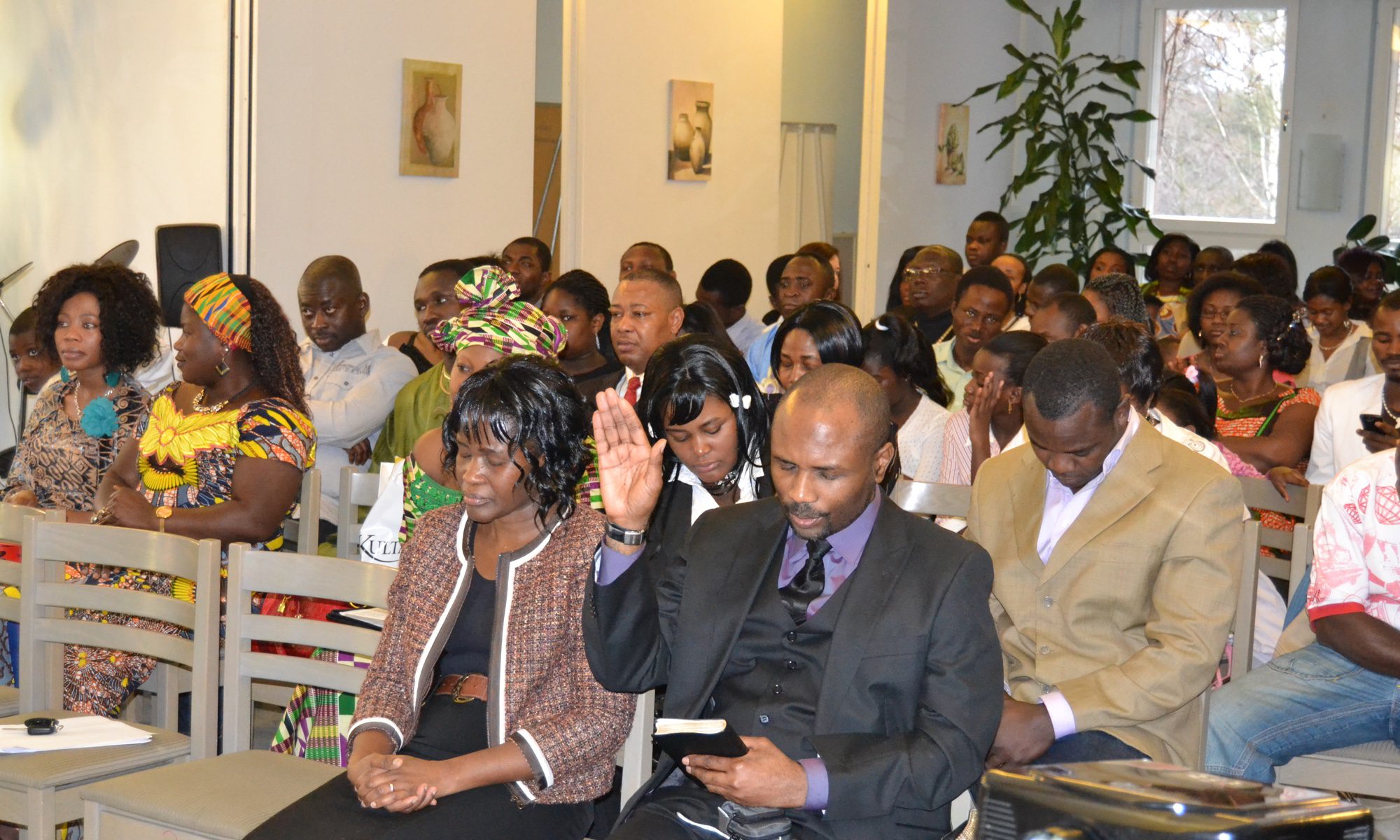Introduction
This edition of our Newsletter completes our series on gender equality in the teachings of the Bible. Here, two topical issues; “women to ask their husbands” and “if anyone shall purge himself” are discussed.
Women to ask their Husbands
“And the woman who has a husband who does not believe, if he is pleased to dwell with her, do not let her leave him. For the unbelieving husband is sanctified by the wife, and the unbelieving wife is sanctified by the husband; else your children would be unclean, but now they are holy. But if the unbelieving one separates, let him be separated. A brother or a sister is not in bondage in such cases, but God has called us in peace. For what do you know, O wife, whether you shall save your husband? Or what do you know, O man, whether you shall save your wife?” (1Co 7:13-16).
Paul who wrote that women should be silent in the church, and forbid them to teach or to have authority over the man, also wrote the above scripture. He strongly contends that Christians women should not leave their unbelieving husband if they would like to stay with them because the unbelieving husbands are sanctified by their wives. The anticipation of Paul here is that the believing wives may be able to save their husbands. In such a case, does Paul still expect the believing wives to go home and ask their husbands questions that they seek answers to, as proposed in 1Co 14:35? So if the women do not have husbands to whom would they ask their questions? If the believing wives, through godliness and submission, learn the word of God and mature and are able to save their husbands, do these husbands become mature automatically to teach their wives of the word of God? One would submit that in such instances, God or Paul would not condemn the godly Christian women who teach their husbands the ways of God.
Similarly, it was a slave girl who witnessed to Naaman through his wife for him to receive deliverance from his leprosy (1Kgs 5:1-27). In effect, a woman led a man to God. Should God punish a woman if she witnesses Christ to unbelieving men and disciples them when they believe in Christ? Bible does not contradict itself, so the contexts within which instructions were given should be well considered. The next section discusses an important scripture concerning people God uses in the church.
“But in a great house, there are not only vessels of gold and of silver, but also of wood and of earth; and some to honor, and some to dishonor. Therefore if anyone purges himself from these, he shall be a vessel to honor, sanctified and useful to the Master, prepared for every good work” (2Tim 2:20-21).
It is believed that Paul was not referring only to men but the church which included women. Despite the honor bestowed on a woman in a passage as in Proverbs 31, in actual practice outside of the home, she was a subservient person. The life of the Greek woman, as in most communities today, was restricted mostly to the home. She was supposed to live in her own quarters and did not come to the public sphere. She was hardly involved in community meetings or activities. What needs to be understood is that when a woman became a Christian, she was, for the very first time in her life, considered a complete human being.
In a background like this, Paul would write that in a great house (understandably, the church) there are not only vessels of gold and of silver, but also of wood and of earth; and some to honor, and some to dishonor. These differences exist in the Christian fellowship, but if any shall live in purity and be committed to the things of God, God would choose him or her for His own use. Human beings may be contending with God for refusing to allow God to use women for the preaching of the Gospel, but the purposes of God are always established.
Conclusion
It is the divine purpose of God to include both men and men in His own plans. He places no limitations on anyone who desires to work with Him in any capacity. God does not discriminate on the basis of gender. Humility of simple men to learn from those women who are seasoned believers is recommended.
Prayer: Dear lord, teach our hearts to know your ways, in Jesus´ name. Amen!

